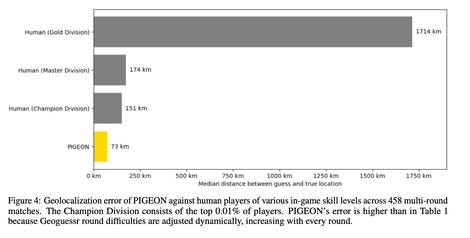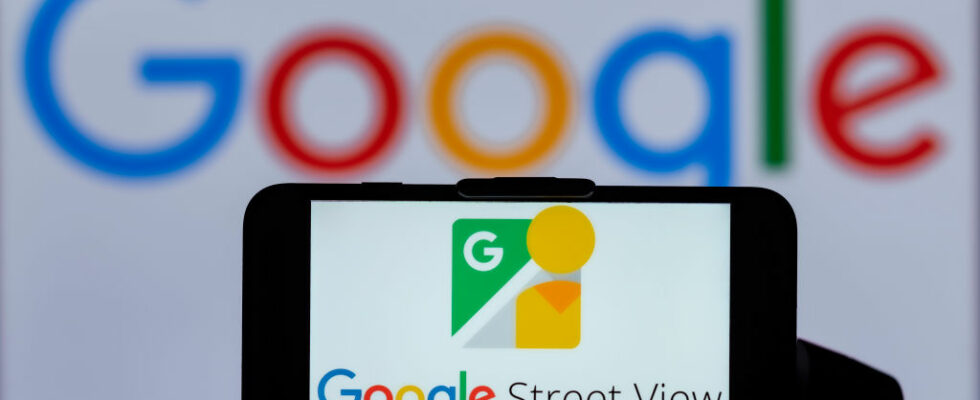Social media safety tips include not posting photos that contain personal information such as license plate numbers, street names or house numbers. What if I told you that generative AI can still locate you, simply from the background of your photo?
This is one of the new use cases for generative AI. Graduate students at Stanford University have developed an app that can detect your location from a street view or even a simple image.
The project, called Predicting Image Geolocations (PIGEON), can, in most cases, accurately determine a specific location simply by looking at the Google street view of that location.
PIGEON ranked among the 0.01% of GeoGuessr players
PIGEON can predict the depicted country with 92% accuracy, and it can accurately locate a location within 25 kilometers of the target location in more than 40% of its guesses, according to the research paper.
To understand how impressive these results are, PIGEON ranked among the top 0.01% of players in GeoGuessr, the game in which users guess the location of a photo taken from a Google Street view Location view. This game served as the genesis of this project.

Stanford University
PIGEON also defeated one of the best GeoGuessr players in the world, Trevor Rainbolt, in a six-match series, streamed online with over 1.7 million views.
How does PIGEON work?
The students used CLIP, a neural network developed by OpenAI that can link text and images by training it on the names of visual categories to recognize.
Then, inspired by GeoGuessr, PIGEON was trained on a dataset of 100,000 original locations, randomly sampled from GeoGuessr and an upload set of four images to cover a complete “panorama” in a given location , which makes a total of 400,000 images.

Stanford University
Comparing the number of images other AI models are trained on, PIGEON pales in comparison. For reference, OpenAI’s most popular image generation model, DALL-E 2, is trained on hundreds of millions of images. The researchers worked on another model, called PIGEOTTO, which was trained on more than four million photos from Flickr and Wikipedia to identify a location from a single image.
Image geotagging has many use cases, such as autonomous driving
PIGEOTTO’s performance achieved impressive results on image geolocation benchmarks, outperforming previous state-of-the-art results by 7.7% for city accuracy and 29.8% for the precision of the countries, according to the article.
The article also discusses the ethical considerations associated with this model, including the benefits and risks. On the one hand, image geotagging has many useful use cases, such as autonomous driving, visual surveys, and simply satisfying curiosity about where a photo was taken.
However, the negative implications of using this technology include the most blatant violation of privacy. This is why the researchers decided not to make the weights of the models public and to only release the code for academic validation purposes, according to the article.
Source: “ZDNet.com”
